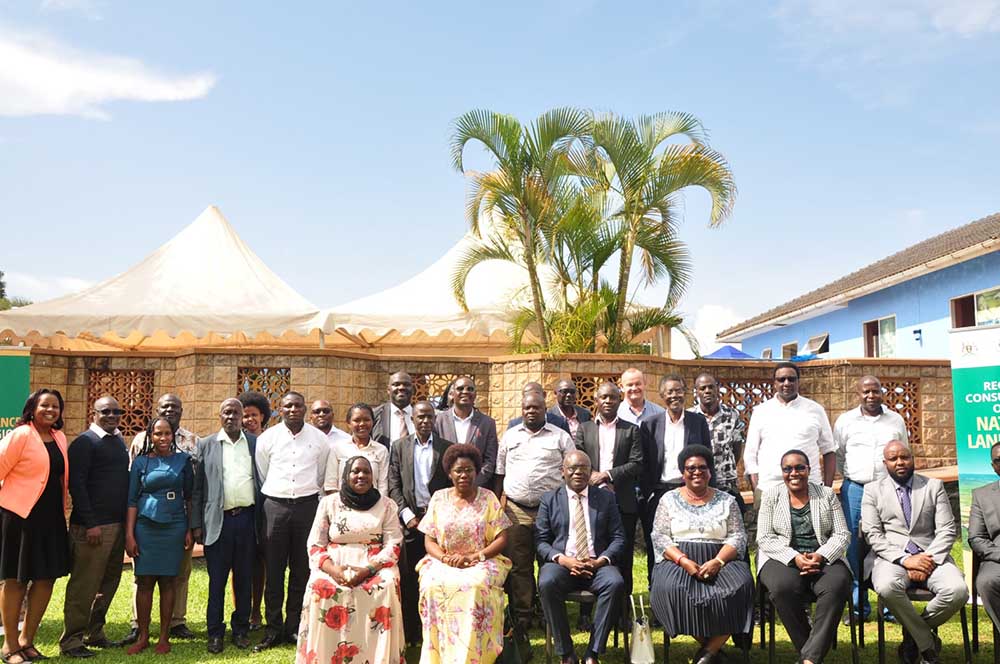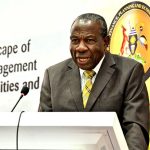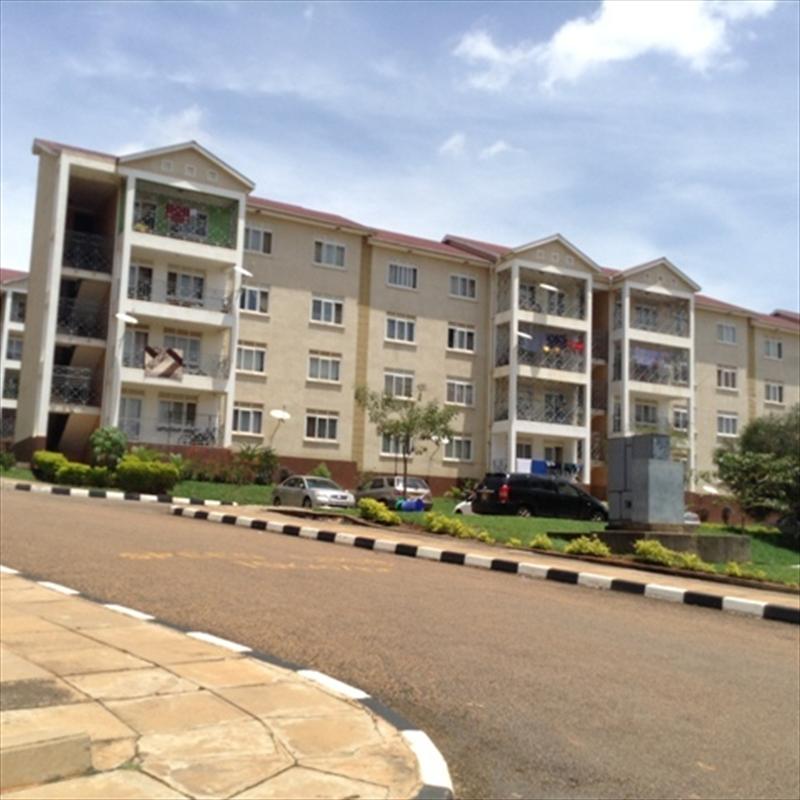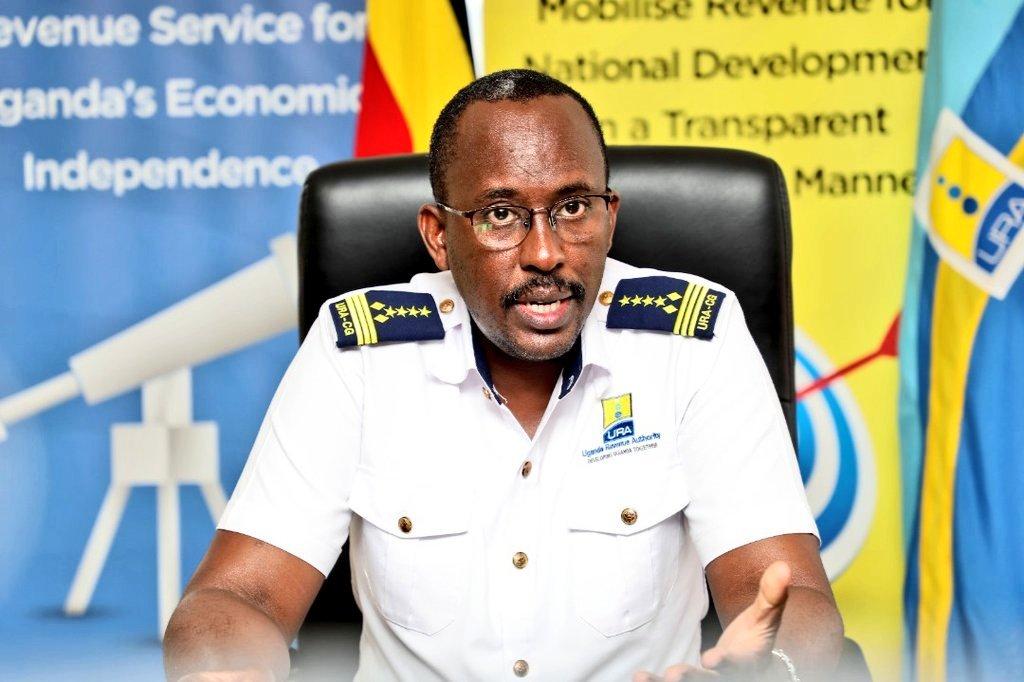(Mukono) – Uganda’s Lands Minister Judith Nabakooba raised serious concerns over a rising trend of forged land documents, emphasizing the impact on land conflicts across the country. Nabakooba made these remarks during the opening of a two-day National Land Policy consultative meeting for the Buganda sub-region on November 11, 2024, held at Ridar Hotel in Mukono District. The consultative meeting brought together representatives from districts including Mukono, Buvuma, Kayunga, Kampala, Wakiso, Luweero, Nakaseke, Buikwe, and Nakasongola.
The minister expressed alarm over widespread forgery in land administration, citing reports that six out of eight letters of administration submitted for boundary-opening permissions were fraudulent. “If this practice continues, we must apprehend the culprits and pursue forgery charges,” she stated, emphasizing that forgery not only undermines legal processes but also poses a serious threat to land stability.
According to the Ministry of Lands, letters of administration – documents that authorize an administrator to manage the estate of a deceased person – are especially vulnerable to forgery. The use of falsified documents in land disputes has, according to Nabakooba, escalated conflicts in various regions. She warned that without careful intervention, these incidents could lead to ongoing land disputes.
Nabakooba specifically highlighted Bussi Island in Wakiso District on Lake Victoria, where local residents have protested as multiple claimants sought boundary-opening rights on the same parcels of land. Such overlapping claims have become a growing issue across Uganda, exacerbated by disputes over land ownership and outdated succession records. Nabakooba urged district land offices to treat forgery as a serious crime, reminding them that it carries significant legal consequences.
The minister underscored that the revised National Land Policy will aim to resolve critical land-related issues. Key focus areas in the updated policy include securing land tenure, clarifying land rights for tenants and landlords, and addressing the issue of absentee landlords. The policy revision also seeks to address environmental challenges and illegal land evictions, which are major concerns for many Ugandans.
Nabakooba called upon the National Land Policy 2013 review team, led by Acting Commissioner of Land Administration Naomi Kabanda, to ensure that the policy aligns with national interests. She stated that the revised policy must balance individual land rights with Uganda’s economic growth and natural resource protection goals.
Regional meetings have been organized to facilitate a comprehensive review of the 2013 National Land Policy, a process that, according to Nabakooba, aims to unlock Uganda’s land resources to contribute meaningfully to economic development. The 2024 revision centers on establishing tenure security as a foundational policy element, which is expected to bolster land rights protections for both landlords and tenants.
During the same meeting, Nabakooba cautioned district land boards against allocating government land without proper oversight, pointing to cases where such allocations have hindered government projects. She emphasized that unauthorized land allocations to private individuals, once formalized, create a permanent burden for the government. In such cases, she explained, individuals often demand compensation, placing government agencies in difficult positions when reclaiming land.
Nabakooba’s warning follows an account from a land official in Mukono’s Ministry Zonal Office (MZO) who informed her of land complications in Buikwe District. The official reported that Block 542 in Buikwe is managed by Uganda Land Commission, while the local government has secured a 99 year lease on the same land. This type of conflicting arrangement, Nabakooba noted, only adds to the public outcry surrounding land issues. She confirmed that title issuance in these areas has been temporarily suspended to address such problems.
As the first meeting of its kind for the Buganda sub-region, this gathering included both government officials and community representatives from multiple districts. The discussions are part of a larger government effort to ensure that future land policies are both inclusive and effective in addressing Uganda’s land-related challenges. The second consultative meeting is scheduled to take place in Masaka City.




















